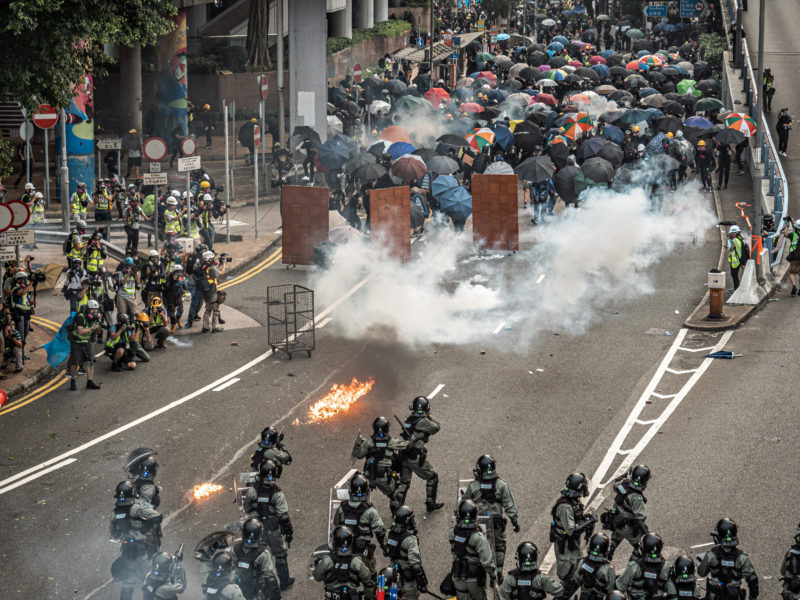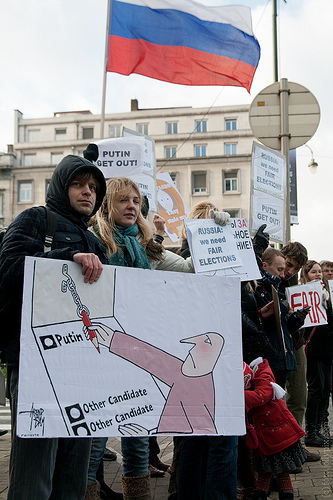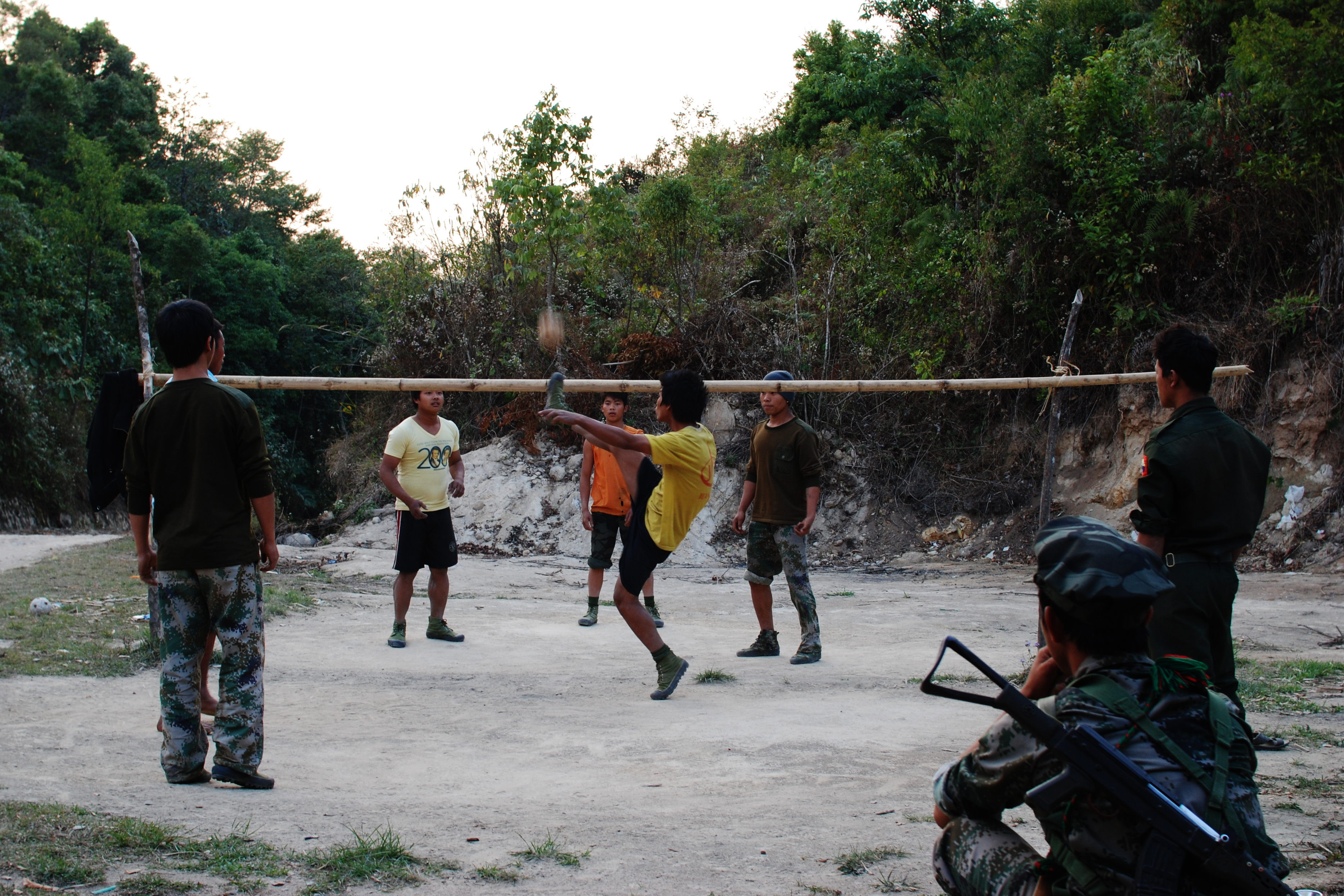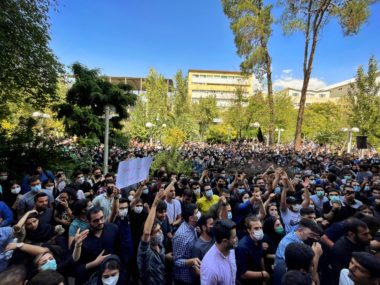Resistance is on the minds of many these days. Prior to the COVID-19 pandemic, and global shutdown that has followed, protest movements were bubbling up all over the world—movements resisting Chinese rule in Hong Kong, police brutality in the United States, and citizenship policies in India.
In 2015, PV@G editor Erica Chenoweth modified a list created by Evgeny Finkel of tools violent rebellions use to keep their movements alive. Erica created a new list—for non-violent resistance. How do current protest movements keep themselves alive, even with the added pressures of state surveillance and militarized police? For one, they should “establish secure communications channels,” Erica suggested, which might sound easy given WhatsApp and other technologies, but could be extremely difficult, given government capacity to disrupt that communication with the same technologies. Iran and Sudan both had internet shutdowns during periods of intense government repression, a large blow for anti-government movements. Even the United States is able to track its citizens using phone data.
Today’s resisters need new tools—but what are they?
THE “RESISTER’S TOOLKIT”
By Erica Chenoweth | May 5, 2015
In his article in the May 2015 issue of APSR, Evgeny Finkel makes a splash by arguing that exposure to “selective repression” (such as surveillance, beatings, arrests, and torture) helps dissidents to develop a robust skillset with which to maintain enduring resistance later on. He supports this argument with data from an unlikely case—Nazi repression against three Jewish ghettos during the Holocaust—and shows how operational skills (the “resister’s toolkit”) often develop as an indirect result of past exposure to state repression. These skills then help dissidents to remain active in resistance even when the state is engaging in widespread, indiscriminate, and severe repression. I’ll direct you to Finkel’s article for more detail on the argument, data, and findings.
So, what skills does Finkel identify as being crucial elements of a resilient, enduring violent resistance?
Read more here: The “Resister’s Toolkit”







